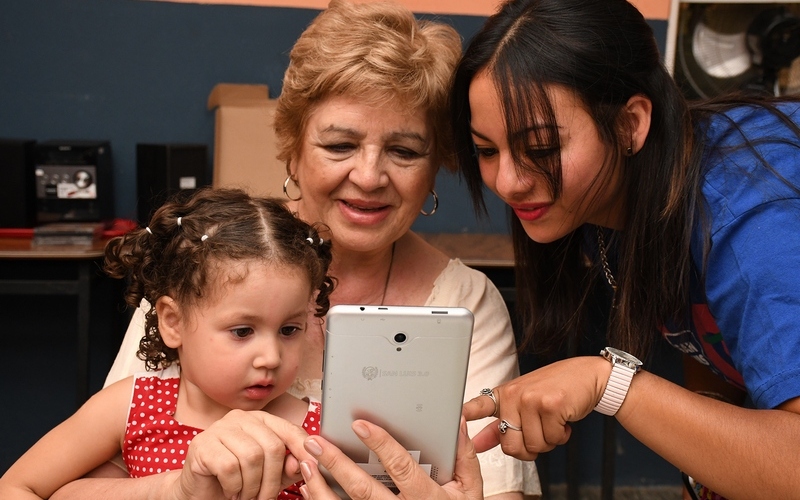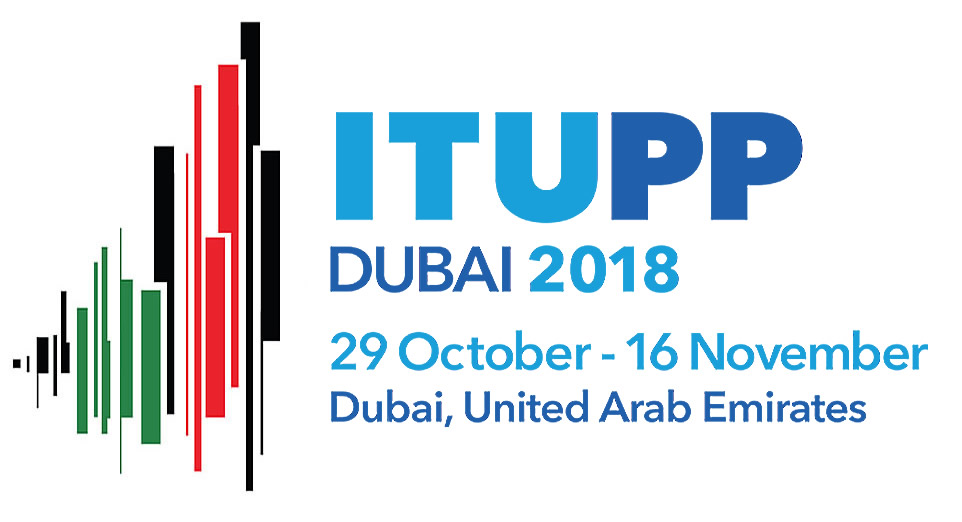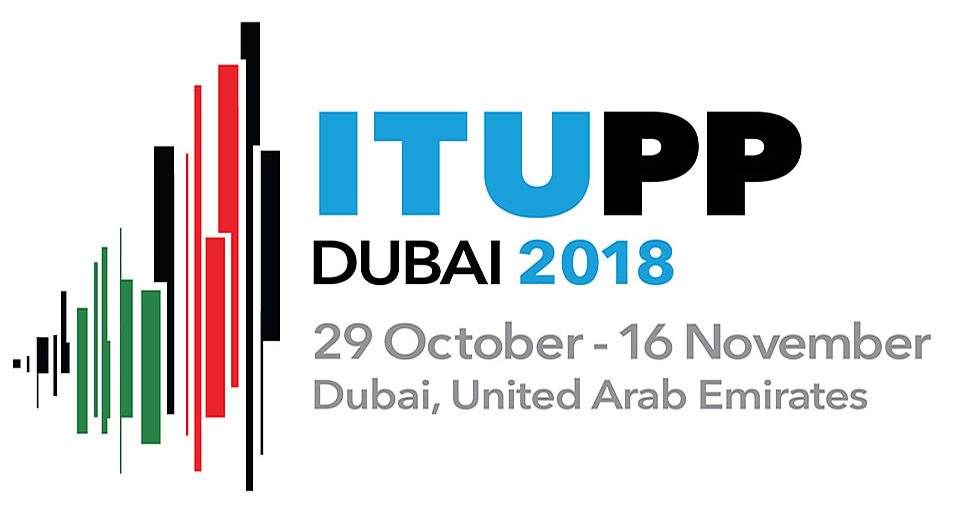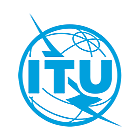This is the version of the backgrounder prepared for the Plenipotentiary 2018 Conference in October/November 2018. For the most recent version of this backgrounder, please see here.
Overview
- A substantial divide persists between women and men and between girls and boys in Internet access and use. In two-thirds of countries worldwide, the proportion of women using the Internet is lower than the proportion of men using the Internet.
- When women and girls have access to the Internet and the skills to use information and communications technologies (ICTs), they have the opportunity to start new businesses, sell products to new markets, find better-paid jobs and access education as well as health and financial services.
- When women and girls are empowered through ICTs, families, communities and national economies benefit as well. Bringing an additional 600 million women and girls online could boost global gross domestic product by as much as USD 18 billion. [1]
- Leaving no one behind is a central promise of the United Nations Sustainable Development Goals (SDGs). ICTs are an essential pathway to gender equality and empowerment, and will contribute towards SDG 5: achieving gender equality and empowering all women and girls.
 WSIS Forum 2018 Photo Contest, Senior citizens and children united by technology, Argentina
WSIS Forum 2018 Photo Contest, Senior citizens and children united by technology, Argentina
Challenges and solutions
A substantial divide persists between women and men and between girls and boys in Internet access and use.
Globally, some 250 million fewer women use the Internet in their daily lives than men. In 2017, the global Internet penetration rate for men stood at 50.9 per cent compared to 44.9 per cent for women. Across all least developed countries, only one out of seven women uses the Internet compared with one out of five men.
While the gender gap has narrowed in many regions of the world since 2013, it has widened in Africa. The only region where a higher percentage of women than men are using the Internet is the Americas where countries also score highly on women in tertiary education.
Giving women and girls access to the Internet and the skills to use ICTs gives them the opportunity to start new businesses, sell products to new markets, find better-paid jobs and access education as well as health and financial services.
Including women and girls in a digital society: ITU’s contribution
ITU’s work on gender equality is guided in particular by Resolution 70: Mainstreaming a gender perspective in ITU and promotion of gender equality and the empowerment of women through information and communication technologies. ITU is working in a number of areas to include women and girls in the digital transformation of economies and societies. In addition, ITU is working to accelerate gender equality and mainstreaming in its internal processes, aiming to be a model organization in terms of gender equality.
Global advocacy and programme delivery
International Girls in ICT Day, led by ITU, is a global effort to raise awareness, and empower and encourage girls and young women to consider studies and careers in ICT. Since 2011, more than 362 000 girls and young women have taken part in more than 11 000 celebrations in 171 countries worldwide.
The EQUALS partnership brings together global public and private sector actors to ensure women and girls around the world have the access, skills and leadership roles to take part in, and help shape, the digital economy. EQUALS partners and the United Nations University (UNU) have created the Gender Digital Inclusion Map, an interactive visualization tool that compiles initiatives aimed at bridging the gender digital divide around the world. EQUALS has also launched a Research Group of 29 academic partners, led by UNU, to generate more and higher-quality data on the digital inclusion of women and girls. The EQUALS in Tech Awards, the annual flagship event of the partnership, advances women's meaningful engagement with ICTs and their role as decision-makers and producers within this sector. The EQUALS partnership was founded by ITU, UNU, UN Women, the International Trade Centre and GSMA, the trade association representing the interests of mobile network operators worldwide in 2016. It has since been joined by a diverse group of 70+ committed companies, organizations and universities from around the globe.
ITU and UN Women, in collaboration with the African Union Commission, have launched a new initiative: the African Girls Can CODE Initiative (AGCCI), to equip girls and young women in Africa with digital literacy skills. In so doing, the initiative aims to enable more girls and young women to take up studies and careers in the ICT sector.
ITU supports the work of the Broadband Commission for Sustainable Development’s Working Group on the Digital Gender Divide which outlines a set of recommendations for stakeholders to address the digital gender gap. These recommendations focus on the need for data, strategies, policies, plans and budgets, measures to address the barriers faced by women and enhancing cooperation between stakeholders.
ITU also spearheads the Digital Skills for Decent Jobs for Youth Campaign jointly launched with the International Labour Organization (ILO) and promotes entrepreneurship through other initiatives. While these initiatives are not focused exclusively on women, they are gender-sensitive and aim to bridge the digital gender divide.
Gender mainstreaming within ITU
The Secretary-General of ITU, Mr Houlin Zhao, is an International Gender Champion (IGC). In addition to personally committing to the IGC Panel Parity Pledge, he has extended it as an organization-wide commitment, wherein ITU avoids single-sex panels and aims for a balance of men and women. Furthermore, Mr Zhao committed to fully and actively encouraging balanced representation of women in delegations and in the key roles of chairs and vice chairs for the ITU Plenipotentiary Conference 2018.
ITU is committed to the implementation of the United Nations System-wide Action Plan on Gender Equality and the Empowerment of Women (UN-SWAP), the accountability framework applicable to all UN entities to advance towards a common set of gender equality and mainstreaming standards.
Represented on the United Nations Chief Executives Board Task Force on addressing Sexual Harassment within the organizations of the United Nations system, ITU is working to scale up prevention and response efforts to continue maintaining a safe and harmonious workplace for all.
Relevant links
- Digital Skills for Decent Jobs for Youth Campaign
- ITU Gender Dashboard
- Gender Mainstreaming in ITU
- ICT Facts and Figures: 2017 |2016
- International Girls in ICT Day
- International Gender Champions: ITU’s SG Houlin Zhao
- International Gender Champions: Panel Parity Pledge
- ITU’s work on entrepreneurship & SMEs
- Resolution 70: Mainstreaming a gender perspective in ITU and promotion of gender equality and the empowerment of women through information and communication technologies
- The EQUALS Partnership
- The Broadband Commission Working Group on the Digital Gender Divide
- The State of Broadband Report 2017



